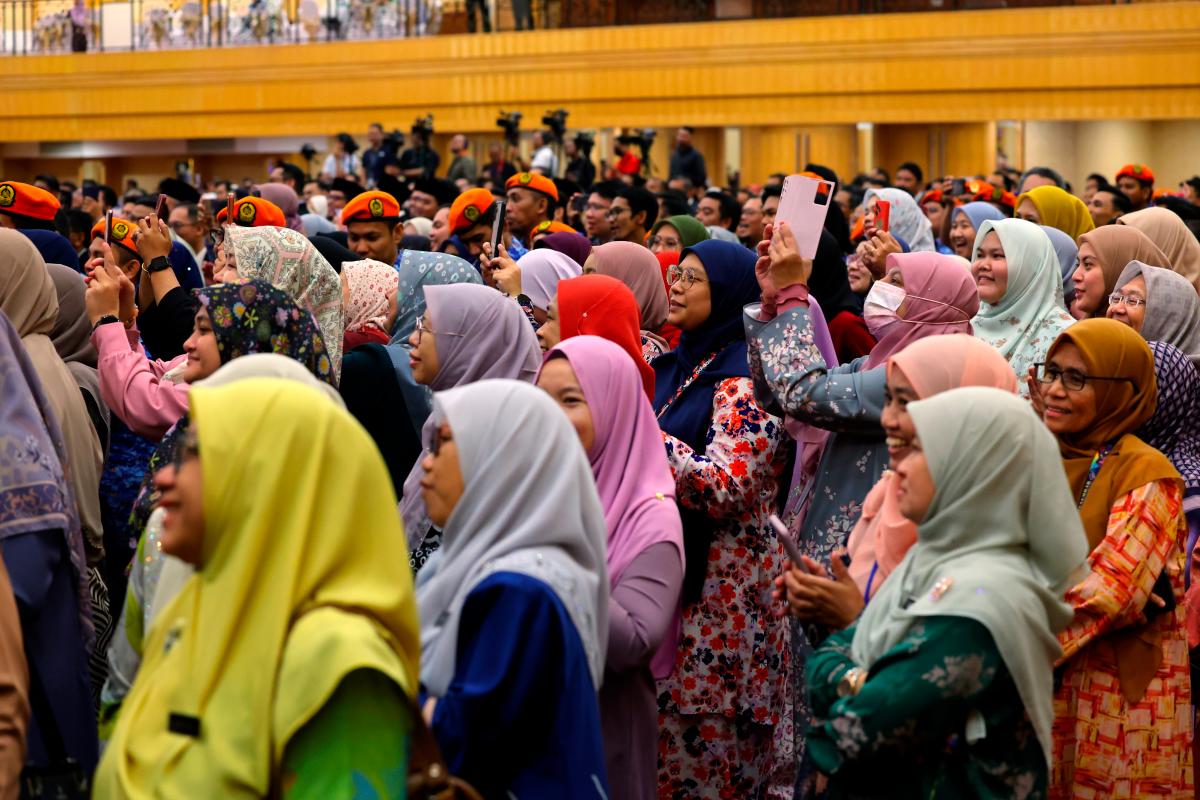PETALING JAYA: The Women’s Aid Organisation (WAO) has cautioned that tax incentives alone would not be enough to bring women back into the workforce, urging the government to prioritise structural reforms in Budget 2026 instead.
Its advocacy manager Gandipan Gopalan said while tax deductions for employers who hire women returning to work may encourage participation, such incentives are “a double-edged sword” given Malaysia’s limited fiscal space.
“Malaysia’s low tax-to-GDP ratio of 12.5% limits the government’s capacity to sustain long-term tax breaks at a time when public spending needs are growing,” he said.
He also said the government should focus on family-friendly workplace policies, including mandatory childcare centres in large firms, flexible work arrangements and extended annual leave, which would help women not just return to work, but also remain in the labour force.
“Structural measures create sustainable change. They build environments that support women over the long term, not just through one-off tax incentives,” he said.
Gandipan added that part of any budget increase should be channelled into government-managed trust funds that provide microfinancing at zero or low interest, particularly targeting underprivileged women and survivors of gender-based violence.
“Such measures empower women to rebuild their lives, achieve economic independence and contribute meaningfully to national growth,” he said.
According to the Statistics Department, women’s labour force participation stood at 56.3% in 2023, among the lowest in Asean.
Data from SME Corp shows that women own just over 20% of SMEs, although SMEs contribute about RM613 billion or 37.4% of the country’s GDP.
The World Bank estimates that raising female participation to 60% could boost GDP growth by up to 1.5 percentage points a year.
Women Entrepreneur Network Association representative and MADCash CEO Nuraizah Shamsul Baharin said past allocations for women entrepreneurs have not reached the ground effectively.
“We have yet to meet anyone who received the RM470 million channelled through SME Bank, BSN, Bank Rakyat and Mara last year,” she said.
“The application process is slow and excludes women in the informal and micro sectors.”
She said funds should also be disbursed through fintech platforms, such as MADCash, which offers zero-interest loans and 10-month entrepreneurship programmes, and through civil society partners that have direct access to underserved groups.
“If Malaysia wants to double women’s share of entrepreneurship from 20% to 40% by 2030, allocations must grow by 15% to 20% annually, with greater support for entrepreneurs in the B40 and M40 income groups,” she said.
The Gender Budget Group (GBG), a coalition of 24 civil society organisations and academics, urged the government to tie gender-related allocations in Budget 2026 to measurable economic outcomes.
“Budgets must be instruments of equality and efficiency. Allocations mean little if they do not translate into access or outcomes,” said its lead and Engender Consultancy founder Omna Sreeni-Ong.
“Transparent data and gender-responsive budgeting are critical to ensure every ringgit spent delivers real value.”
GBG’s memorandum for Budget 2026 also calls for gender pay gap reporting, stronger institutional accountability across ministries through gender-responsive budgeting and greater investment in the care economy to enable more women to work.
It recommends universal design standards in public infrastructure and incentives for workplaces that establish childcare centres and adopt family-friendly policies.









